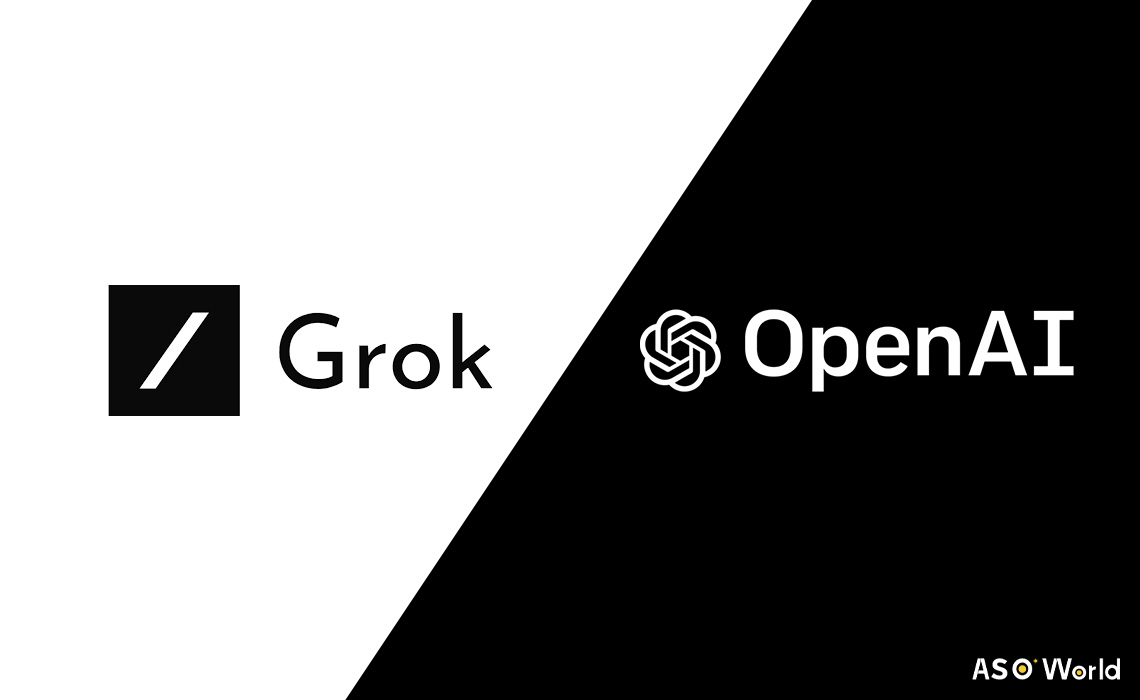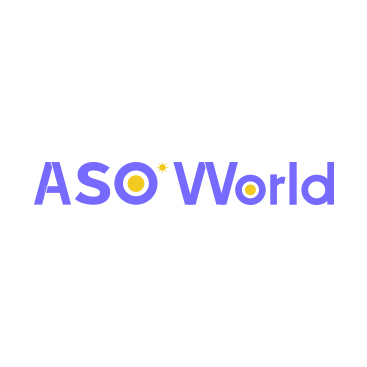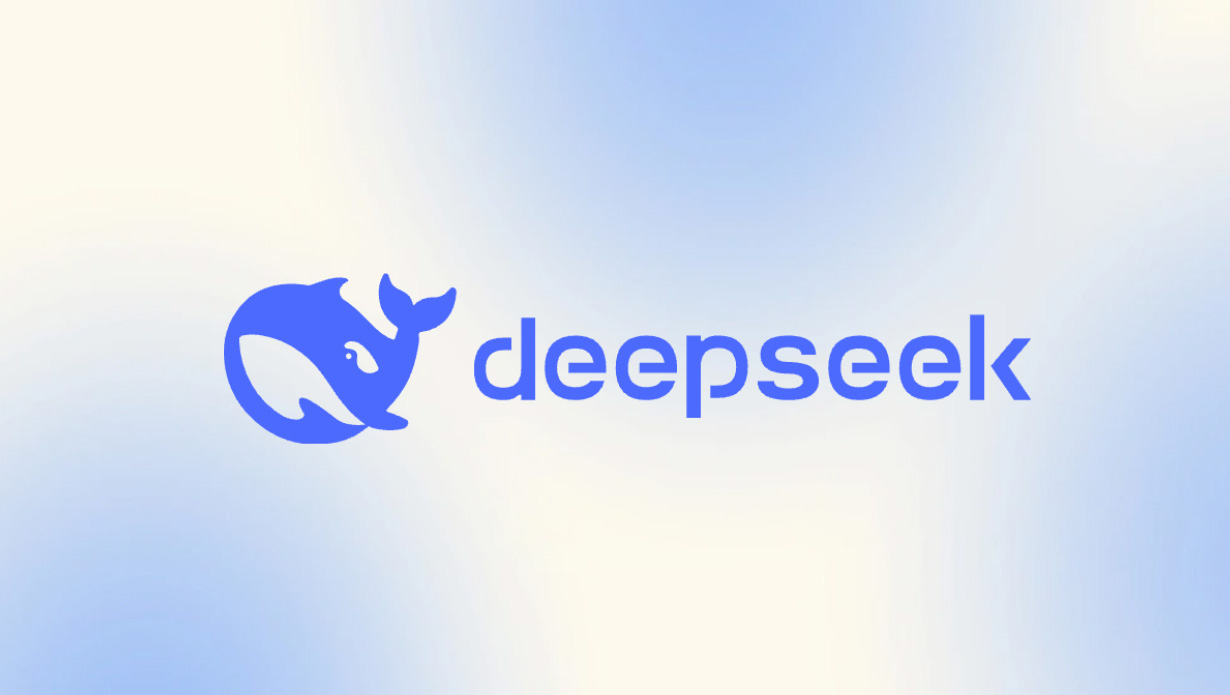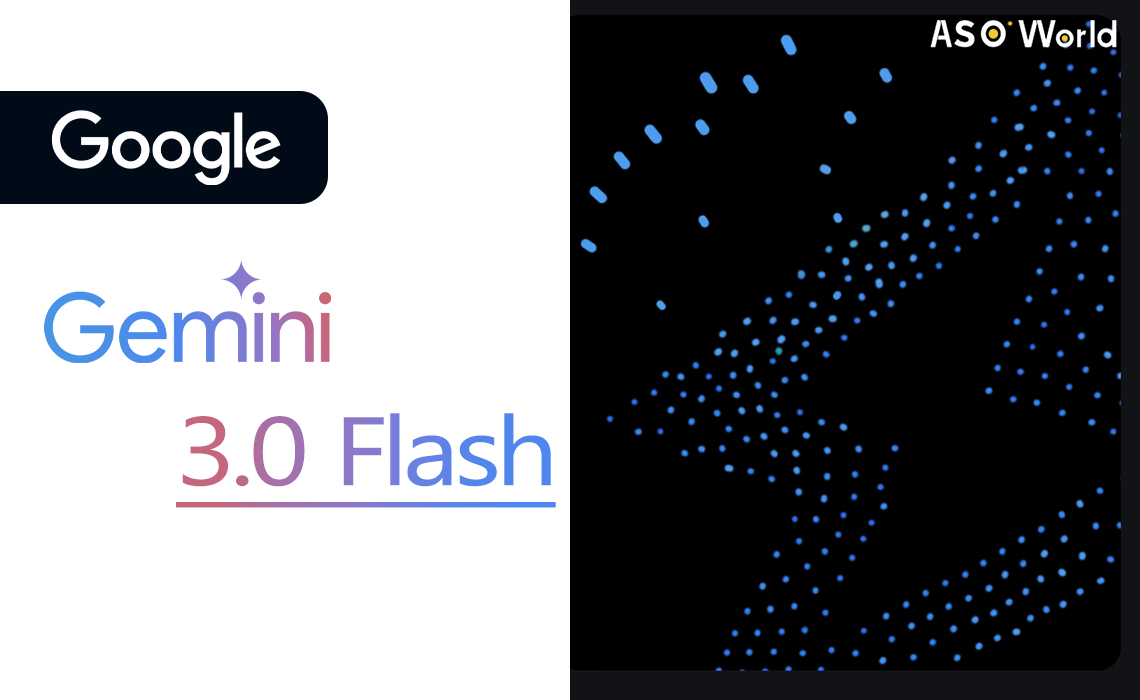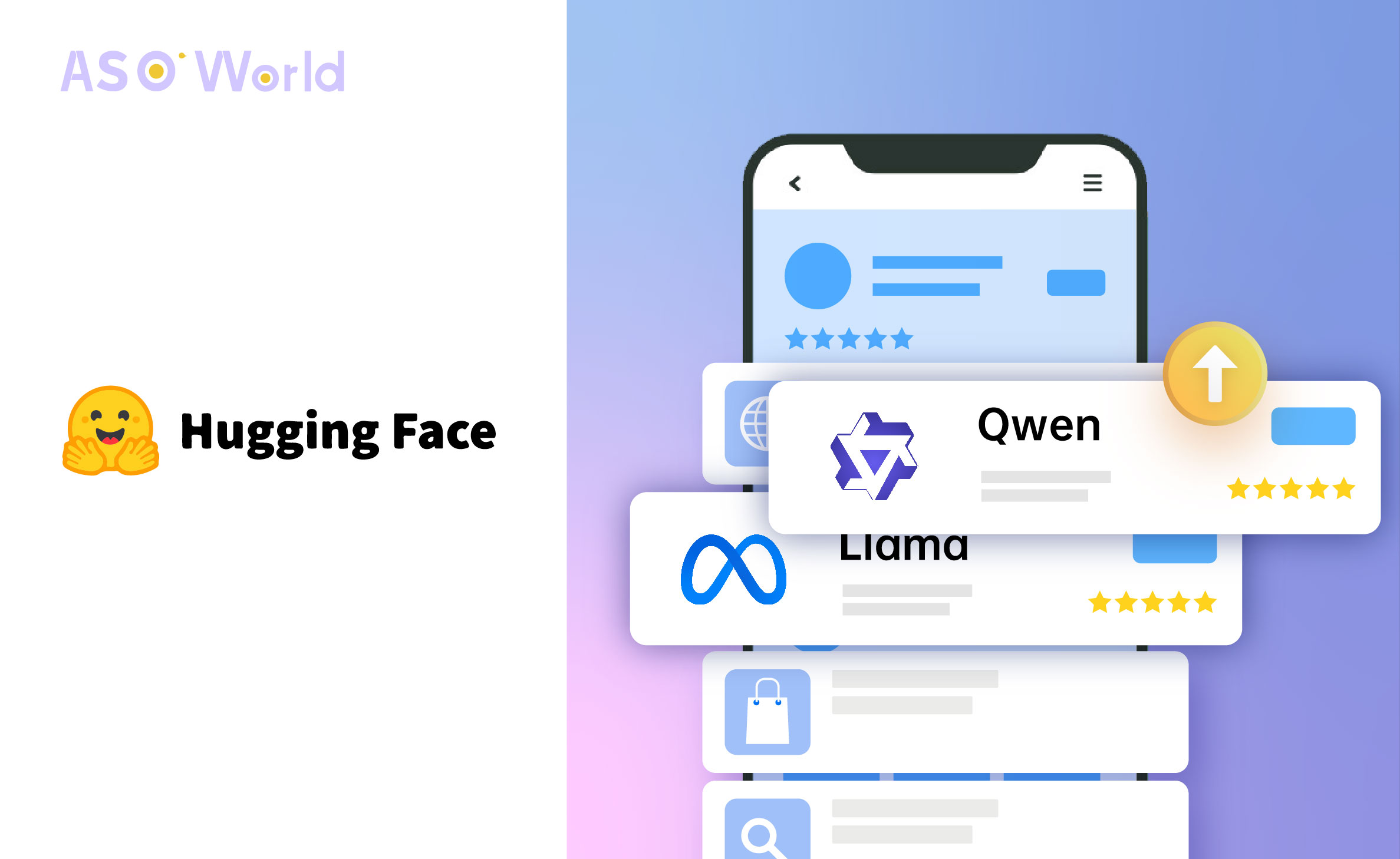In a bold move that shakes up the AI industry, Elon Musk has declared that Grok, the AI chatbot from his company xAI, will be released as an open-source model.
This announcement comes amidst a heated legal dispute with OpenAI, a company Musk co-founded and later left, over its alleged shift away from a shared vision of AI for the betterment of humanity.
This week, @xAI will open source Grok
— Elon Musk (@elonmusk) March 11, 2024
The Dispute with OpenAI
Musk's lawsuit against OpenAI, filed 11 days prior to his announcement, accuses the organization of betraying its original mission by partnering with Microsoft and prioritizing profits over public good.
OpenAI has countered, intending to seek dismissal of the suit, arguing that scaling AGI requires more resources, hence the need for a for-profit model.
>>> OpenAI Clarifies Mission and Relationship with Elon Musk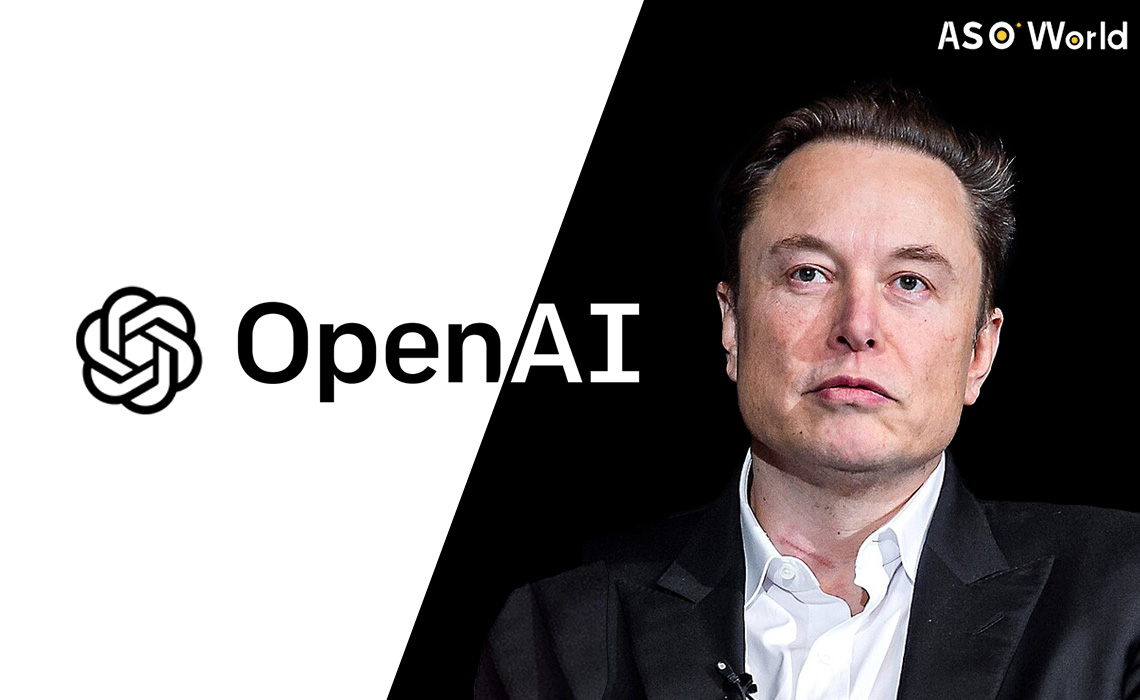
Open-Source of Grok
Musk's Commitment to Open AI
By making Grok open-source, Musk is positioning xAI as a champion of accessible AI, a stark contrast to OpenAI's decision to keep the code of GPT-4 proprietary. Musk's move could democratize AI development and potentially disrupt OpenAI's position in the market.
The Legal and Ethical Debate
A Question of AGI Definition
The lawsuit hinges on the definition of AGI and whether OpenAI's GPT-4 meets this criterion. Legal experts suggest that proving OpenAI has deviated from its mission will be challenging for Musk. Meanwhile, the lawsuit itself could cast a shadow over OpenAI's operations and customer confidence, as noted by AI industry CEO Muddu Sudhakar.
The Future of AI Accessibility
Musk's pledge to open source Grok signals a potential shift in how AI is shared and developed. This gesture aligns with the broader community's push for transparency and could invite collaboration and innovation on a scale previously unseen in the industry.
Editor's Comments
Elon Musk's decision to open source the Grok AI chatbot is a strategic move that not only challenges OpenAI's current trajectory but also reignites the debate on the nature of AGI and the responsibilities of AI companies. By taking this step, Musk is advocating for a more open and collaborative approach to AI development, potentially setting a new precedent for the industry.
